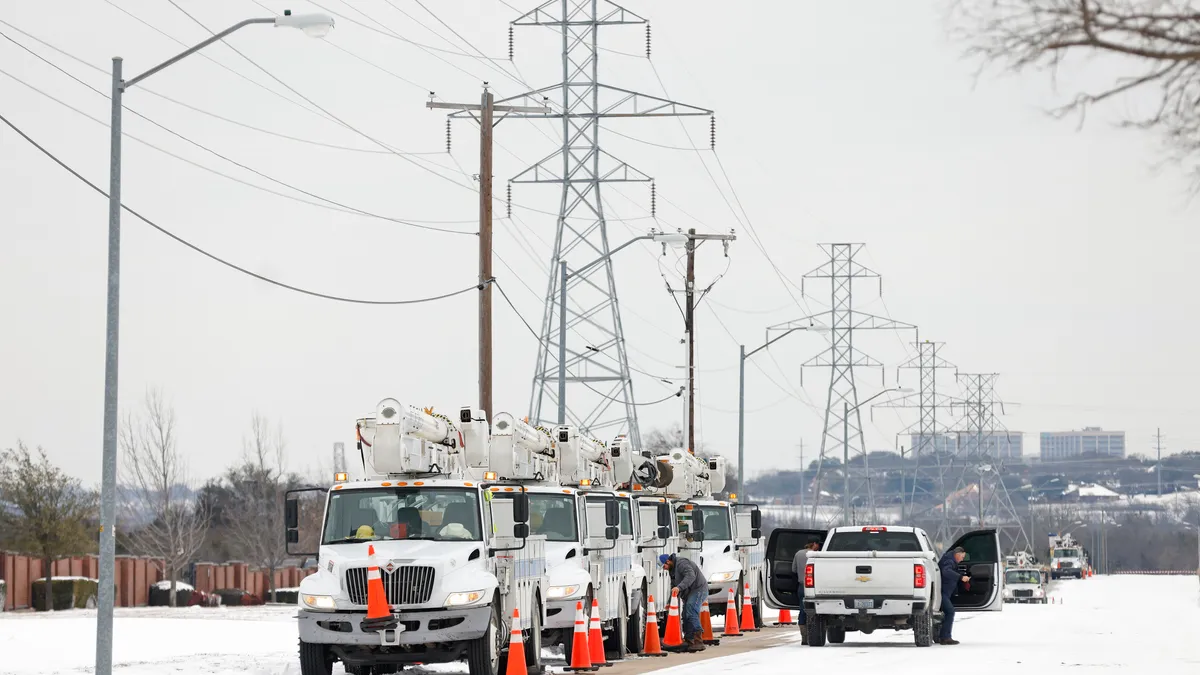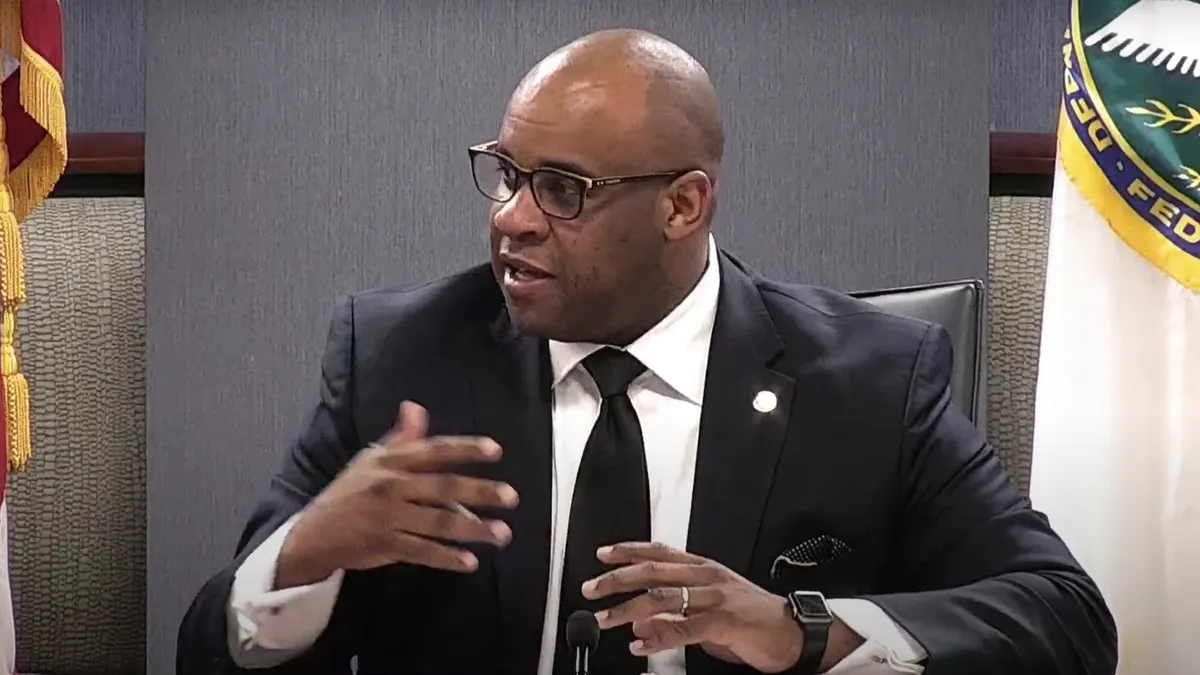The following is a contributed article by Landon Stevens, policy director for the Conservative Energy Network.
Last month, the Texas State Energy Plan Advisory Committee voted 7-5 to narrowly approve its report to the Texas Legislature by a Sept. 1 deadline. Now lawmakers in the state are reviewing the recommendations that have been mired in controversy from the very beginning. The report submitted by the committee was constructed in secret with no open public input and was seemingly designed to give incumbent electric generators a windfall of billions of dollars while kneecapping clean energy competitors and making Texas families and businesses foot the bill.
Created by Senate Bill 3 during the 2021 legislative session in response to Winter Storm Uri, the State Energy Plan Advisory Committee consists of 12 members with four members appointed by each of the governor, lieutenant governor, and speaker of the house. The appointed members consist of representatives from groups like NRG Energy, ConocoPhillips, the Texas Oil and Gas Association, and electric cooperative utilities in the state. Notably absent from the committee is any representation by knowledgeable wind, solar or other clean energy developers, owners or operators.
For decades, the unique structure of Texas’ electricity markets has been seen by many as the gold standard in balancing cost, reliability and innovation by encouraging free market competition and consumer choice as much as possible. In fact, a study produced by the Conservative Energy Network with the University of Texas at Austin showed that Texas received a passing mark on 11 of 13 possible points to measure the state of electric competition. However, following power outages during winter storm Uri, debate erupted and finger pointing began across the state.
One element of Texas’ competitive electricity sector is the extraordinary growth of clean energy led by market forces. From nearly 0% in 2002 when Texas instituted its competitive markets, renewable energy grew to 8% of electricity production in Texas by 2010 and was up to a full 25% of production in 2020. Last year alone, Texas led the nation by installing an additional 7,352 MW of wind, solar and storage projects — nearly three times that of the next highest state, California. These trends are driven by market demand, not government mandates.
Unfortunately, the competition-driven growth of Texas’ thriving clean energy industry may be threatened by a shadowy committee operating in secret that is pushing an agenda aimed at protecting incumbent power generation interests.
Despite being established over a year ago, the committee officially met only twice. It was at the second meeting in August, where draft recommendations to supposedly ‘fix’ Texas electric market issues were passed despite misgivings from multiple committee members regarding the process in addition to concerns about the merits of the recommendations. Retired former investment banker Mark Ammerman voted against the report and felt the committee had not successfully completed its task. “We were asked to do something, and that is not what we did,” Ammerman said. Another committee member, Patrick Jenevien, echoed his concerns with the process and cast a ‘no’ vote. “The issues are complex enough that it is hard to address them in the time we had available,” Jenevien said.
The committee heard testimony in its first meeting only from hand-picked witnesses. The public was left entirely out of this flawed process and has not had the opportunity to fully review and comprehend the report’s conclusions. That, in and of itself, is an issue. The fact that all voices on the committee were chosen to represent one side of an argument and refused to engage with the public, is concerning. That the committee’s own members are openly questioning the process is deeply troubling.
As the legislature reviews this report, no matter the recommendations outlined, they need to recognize that Texas deserves a better discussion on these important issues. For years, Texas has successfully led the American drive towards energy dominance in oil and gas. At the same time, it has leveraged market power in growing a world-class clean energy sector. Energy and electricity systems are complex and ever-changing, needing review and thoughtful regulation — which this committee has not provided.
The Texas Legislature needs to recognize this and ensure that self-interested electric generation actors are not sacrificing Texas families and businesses to protect their market share. As Nancy Pelosi once famously said, “We have to pass the bill so that you can find out what is in it.” That is no way to lead policy debates, and Texas legislators need to demand better than the Pelosi standard.





















